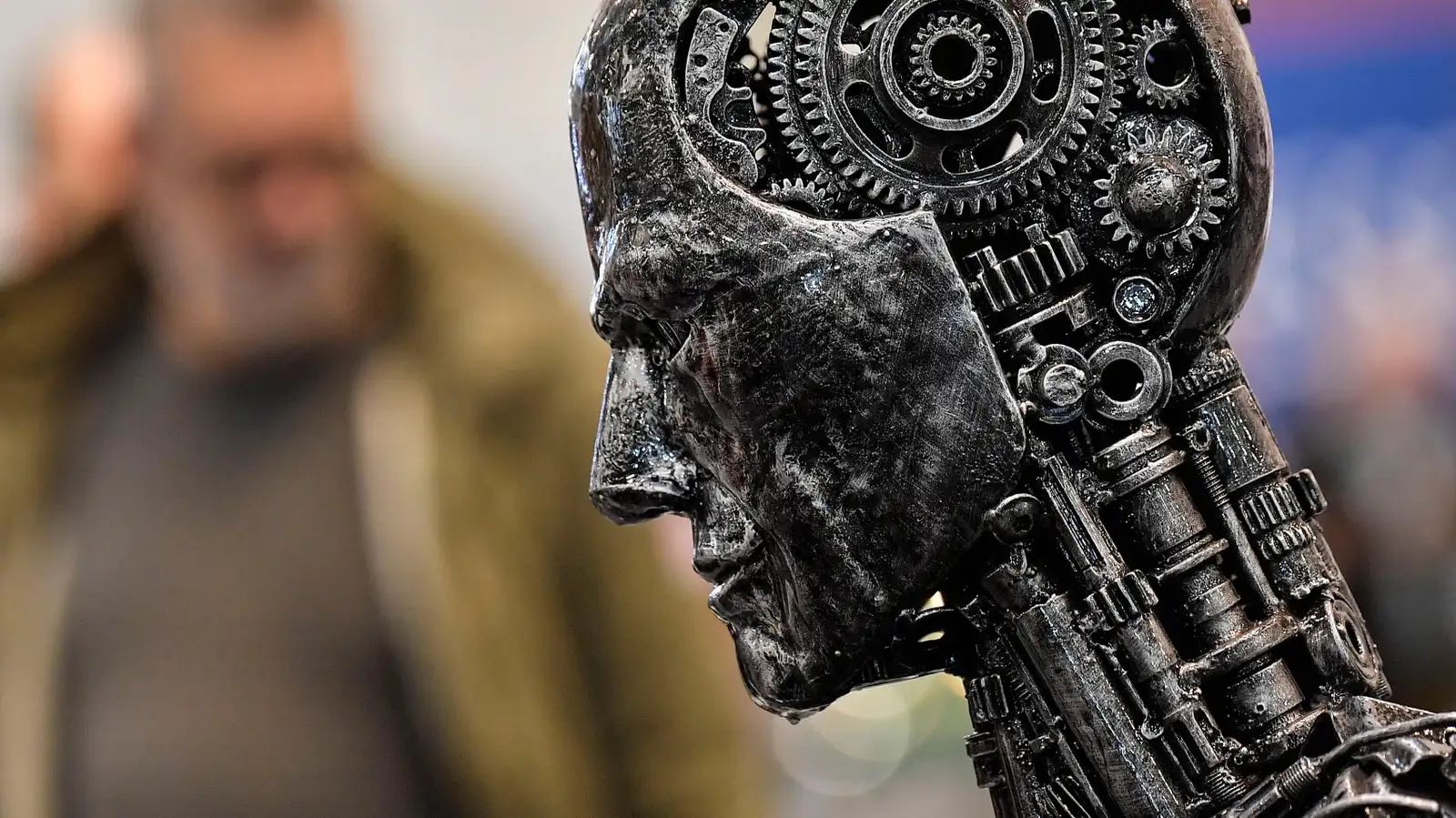The Court held that an AI cannot be named as an inventor in a patent because it is not a person

This week, US federal judge Leonie Brickema ruled that AI cannot be named as an inventor in a US patent under current law. The case was brought by Steven Thaler, who is a member of the "Artificial Inventor" project, an international initiative that argues that AI should be eligible to be listed as an inventor in a patent (the owner of the AI would legally own the patent).
Subject matter
Thaler sued the U.S. Patent and Trademark Office after it rejected his patent applications because he listed an artificial intelligence called DABUS as the inventor of a new type of flash and beverage container. In correspondence that lasted several months, the Patent Office explained to Thaler that the machine could not be considered an inventor because it was not human. Essentially, a machine is a tool used by humans to create inventions, the office argued.
The Court determined that the Patent Office correctly applied the country's patent law, and pointed out that it basically boiled down to the everyday use of language. In the country's last patent law revision in 2011, Congress clearly defined an inventor as a "natural person." The patent law also refers to the inventor using words such as "himself" and "herself."
Conclusions
The judge also rejected Thaler's contention that the Patent Office should have provided evidence that Congress did not want to exclude AI systems from being inventors. In addition, Brickema stated that the nature of an inventor has already been addressed in federal courts, which have ruled that neither companies nor states can claim to be inventors in a patent.
The Patent Office, for its part, does not refuse to consider what role, if any, artificial intelligence should play in patents. It solicited comments from experts in patent policy and reported that most responses reflected the view that current AI "can neither invent nor author without human intervention."
The full text of the decision is available at (PDF, 1 MB).
Illustration: gizmodo